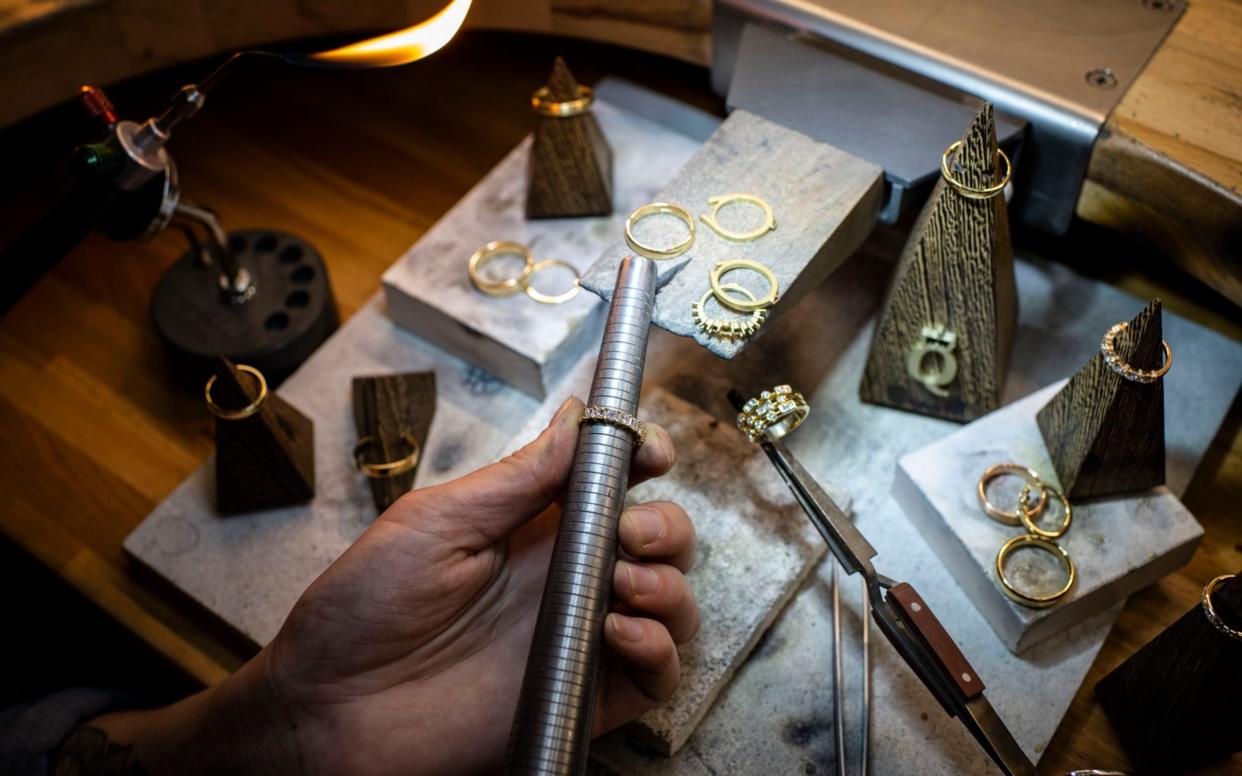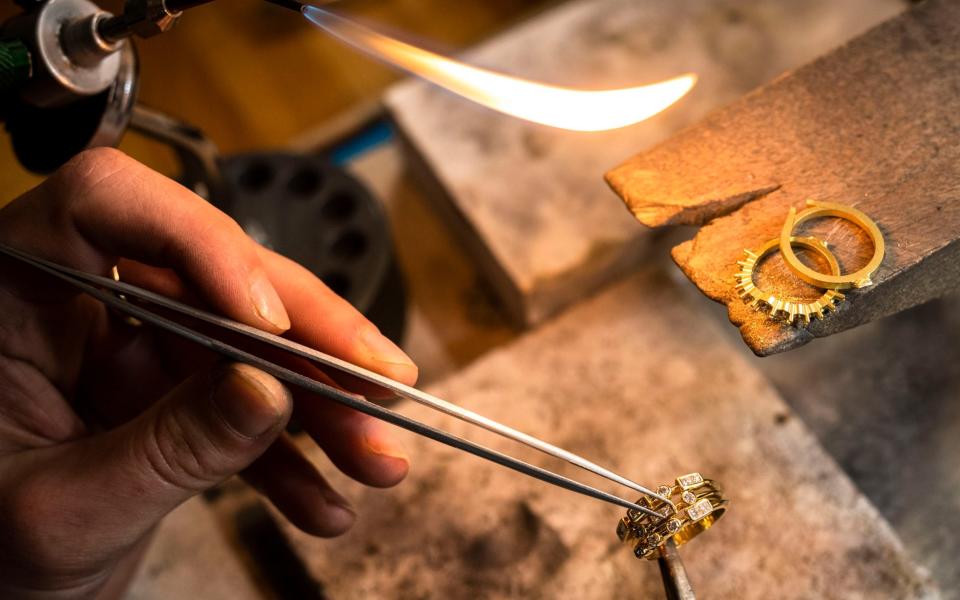Hatton Garden jeweller ditches use of 'bridal' in bid to become gender-neutral

A Hatton Garden jeweller has removed the term “bridal jewellery” from its website as their engagement rings become gender neutral.
Queensmith Master Jewellers are one of the most prominent jewellers in London, with an expert team of gemmologists and master goldsmiths crafting engagement rings and wedding rings on-site.
The jeweller, which has won UK Bridal Jewellery Retailer of the Year twice, has made the decision to move away from gendering engagement rings and using the term ‘her’ when referring to ring sizes on its website.
“You see a lot of websites that talk about ‘her ring’ or ‘what's her ring size’, it's very much aimed at men buying a ring for a woman,” said Brand Director, Sam Nobes. “We moved away from the term ‘bridal’ and made a conscious decision not to write gender specific copy in our branding and advertising as part of our drive for inclusivity - something that has been a strong part of the brand since it launched in 2016.”
Around five to eight per cent of Queensmiths customer base are same-sex couples. The market for unisex rings is predominantly made up of same-sex couples, the company said.

Queensmith is not the only jewellers to consciously move away from wedding stereotypes.
Michelle Oh’s eponymous brand has also worked hard to create an inclusive environment with one in six commissions for same sex couples.
“I definitely do believe that couples in general are approaching it in a more equal way,” Ms Oh said. She calls rings “engagement or wedding rings” rather than bridal.
“Another term I like to use are 'commitment' rings because sometimes couples don't necessarily believe in getting married but just want a symbol of commitment to one another,” she said.
Google searches for “unisex ring” increased by 395 per cent from January 2017 to December 2020, while searches for “unisex engagement ring” rose by 175 per cent.
Mr Nobes said unisex rings usually “break from the tradition of proposing with a diamond engagement ring” but that the term is quite broad from a design perspective as each piece is unique to the couple’s desires.
He hoped the store would be a welcoming place for what can be a rather “daunting” task.

